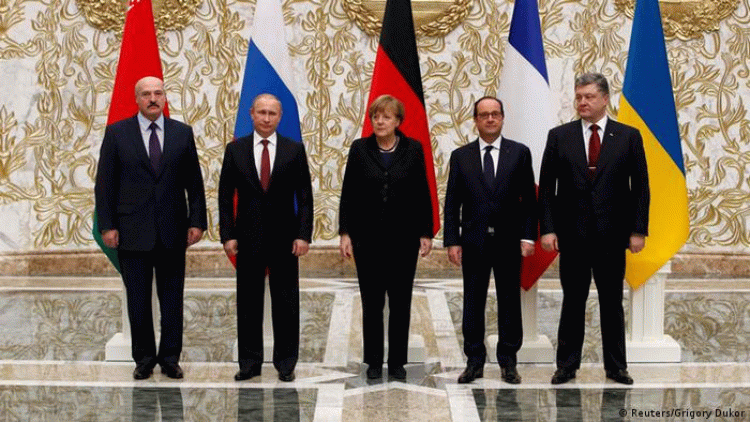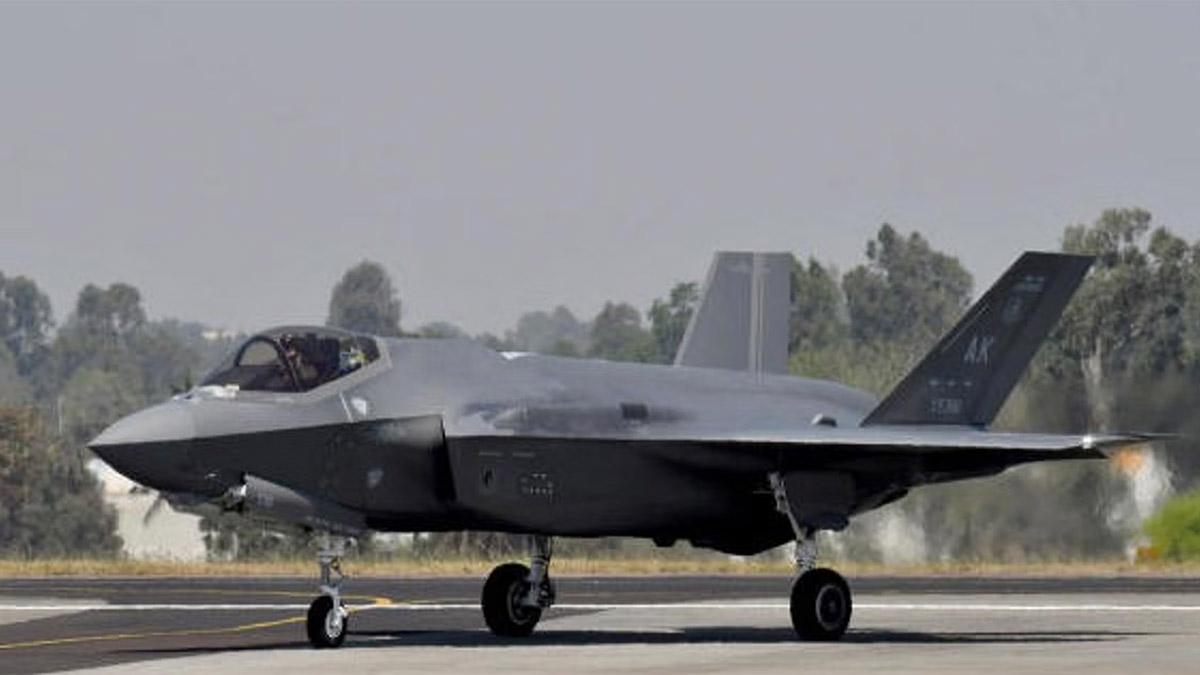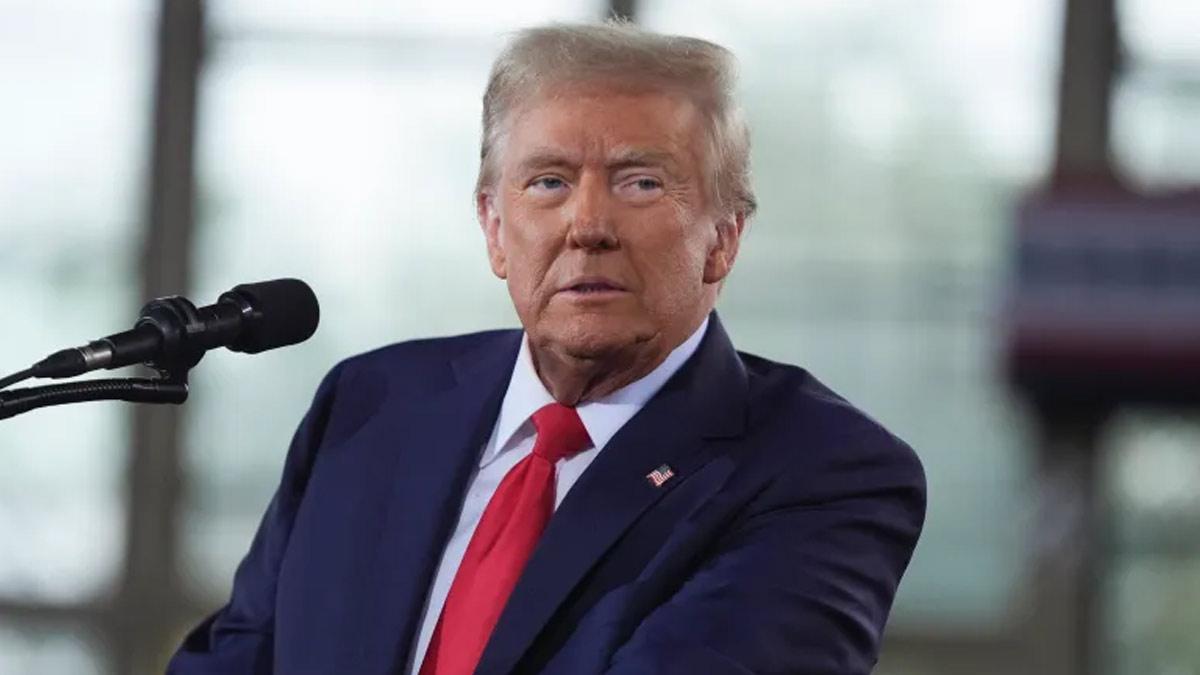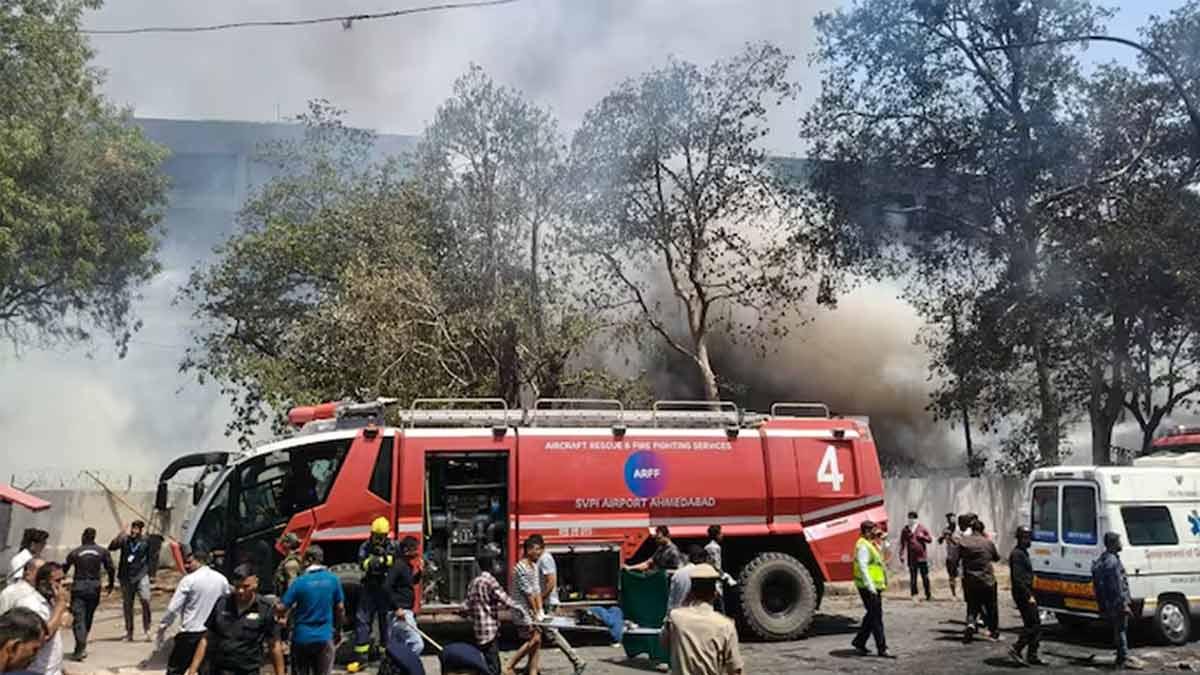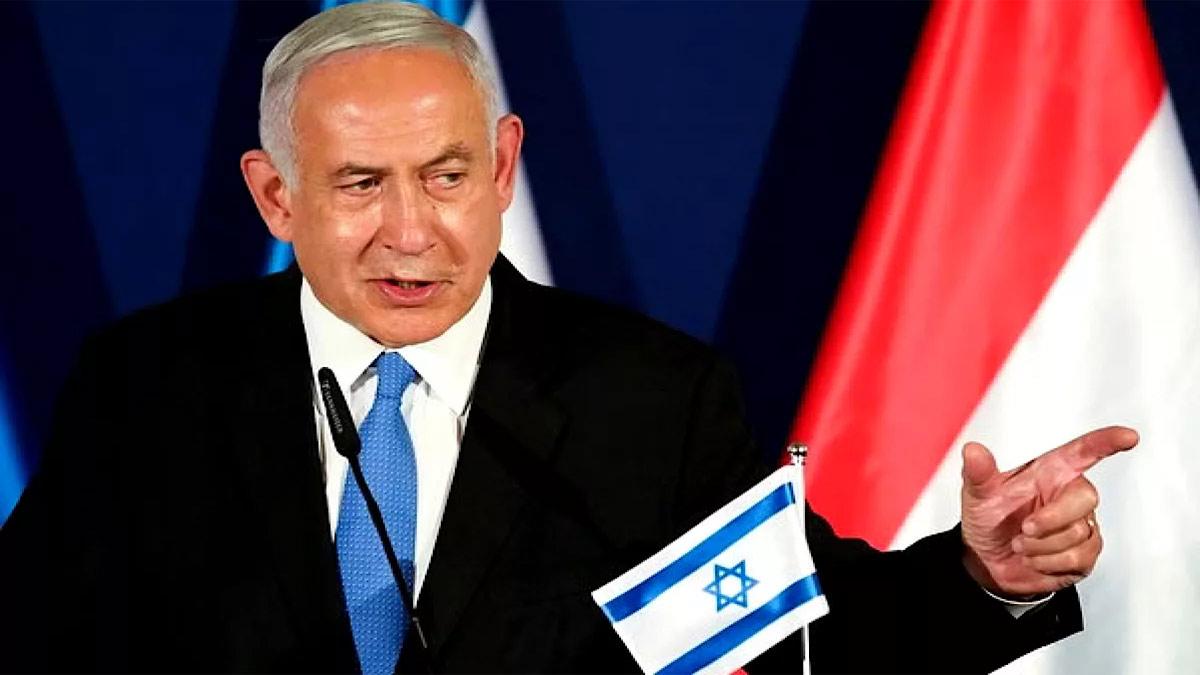Russian President Vladimir Putin on Monday signed a decree which recognized the Donetsk and Luhansk oblasts (provinces) in the Donbas region of eastern Ukraine as independent People’s Republics. He has also ordered his Defence Ministry to dispatch “peace-keeping troops” into the disputed region to ensure law and order.
This marked the failure of Minsk II agreement which was mediated by the Normandy Group (comprising of Russia, France, Germany and Ukraine) to establish peace in the Donbas region and signed by representatives from Russian, the Organisation for Security and Cooperation (OSCE) and the leaders of Donetsk and Luhansk provinces.
Minsk II (2015) followed the Minsk I agreement which was signed in September 2014 but failed to reinstate peace. Here're key highlights of Minsk I&II agreements (together known as Minsk Protocol):
1. Minsk I was designed by Trilateral contact Group on Ukraine (Russia, Ukraine and OSCE). This was drawn after holding dialogues with rebel groups in the two disputed provinces. The agreement was signed in September 2014.
![]()
2. Minsk I consisted of 12 points to bring a halt to the fighting between rebel groups and Ukrainian forces. The protocols included immediate ceasefire and its monitoring by OSCE, decentralization of power (autonomy in elections and governance in the two provinces), release of all illegally detained individuals on both the sides, promotion of national dialogue, withdrawal of rebel groups as well as military equipment from the Ukrainian territory and support economic recovery of the region.
Also read| Ukraine urges international talks over Russia's decision
3. Minsk I failed to maintain a ceasefire between separatists and Ukrainian forces as thousands of civilian lives were lost and its collapse happened in January 2015 when Ukraine lost control of the Donetsk International Airport.
4. Minsk II was hurriedly negotiated and signed in February 2015 by representatives from the OSCE, Russia, Ukraine, Donetsk and Luhansk provinces. It was a 13-point protocol which included:
- Immediate ceasefire in the districts from 15th February midnight EET onwards.
- Immediate pull-out of heavy weaponry by both the sides.
-Thorough and comprehensive monitoring of ceasefire and withdrawal of weaponry by OSCE.
- Initiate a dialogue on holding local elections on the basis of “On temporary Order of Local Self-Governance in Particular Districts of Donetsk and Luhansk Oblasts” after troops pullout.
- Provide amnesty to prisoners of war legally held by the Ukrainian forces.
- Release all the illegally held individuals on both sides followed by their exchange.
- Immediate humanitarian aid to be provided to the people of the region.
- Set up social and economic systems such as pension payment and social transfers as well as tax collection within the framework of the Ukrainian law.
-The state border with Russia must be fully restored with the Ukrainian forces till the full political regulation is undertaken by legally-elected representatives of the provinces.
-Withdrawal of all the mercenary and other armed militia groups of the Ukraine which must be monitored by the OSCE.
-Constitutional reform to be undertaken by Ukraine by the end of 2015 to ensure decentralization as well as political legislation to provide special status to Donetsk and Luhansk provinces.
- On the basis of “On temporary Order of Local Self-Governance in Particular Districts of
Donetsk and Luhansk Oblasts”, the election process will be discussed with the representatives of the two provinces. The elections will be monitored by OSCE.
- Set up a working group to ensure the timely implementation of the Minsk II agreement.
5. Minsk II failed because Russia refused to be recognized as a party to the conflict and hence not bound by its provisions.
6. The civil war has “has entered its (eighth) year, with no end in sight. By mid-February 2020, the death toll had climbed to almost 14,000, with more than 30,000 people injured.1 Ukraine is now home to almost 1.5 million registered internally displaced persons (IDPs), the ninth-largest number in the world,” as per a report by Duncan Allan of the Chatham House.

